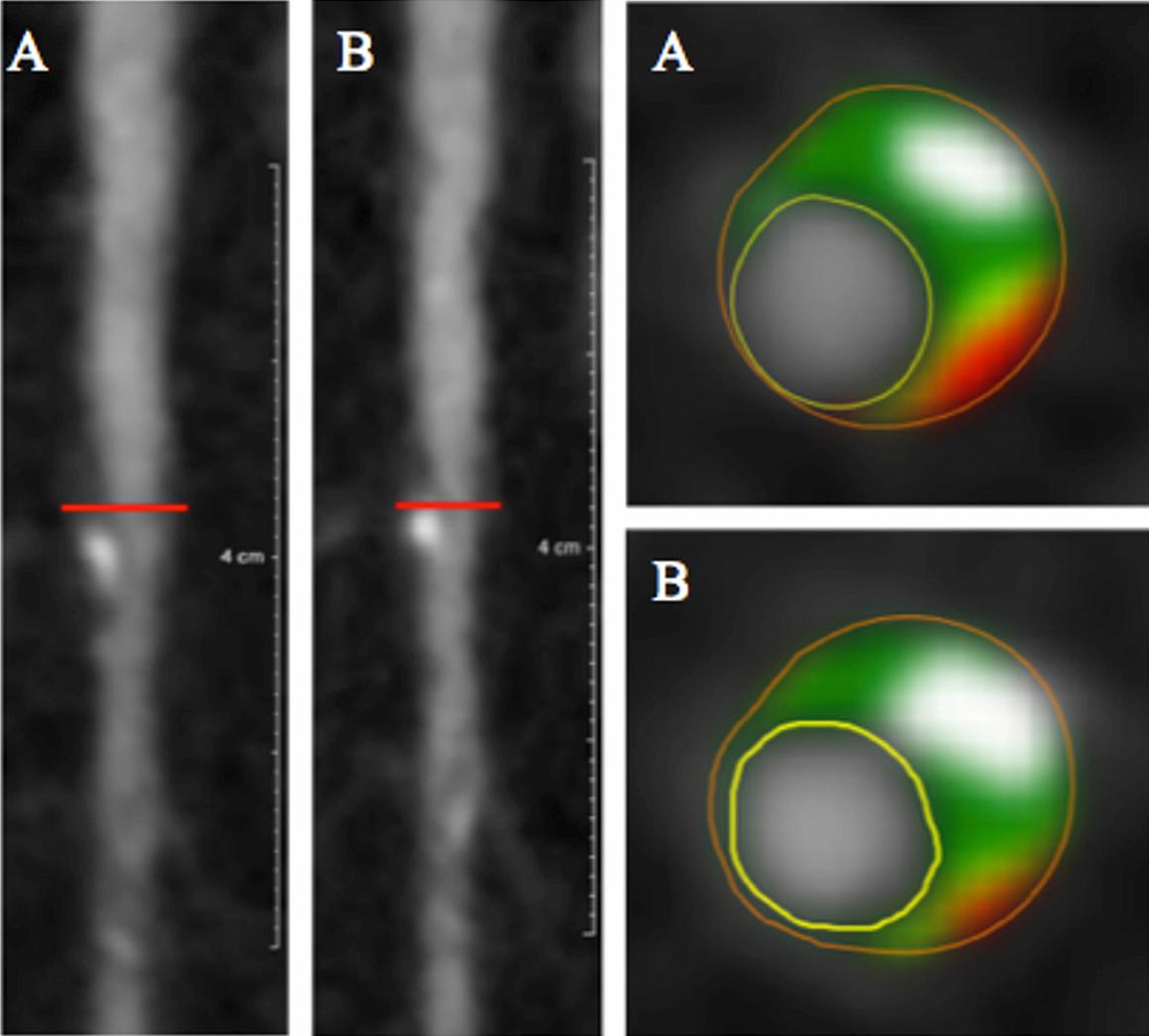IRP study links psoriasis treatment and improvement in heart artery disease
Researchers have found that treating psoriasis, a chronic inflammatory skin disease, with biologic drugs that target immune system activity can reduce the early plaque buildup that clogs arteries, restricts blood flow, and leads to heart attacks and stroke. The findings highlight how immunotherapies that treat inflammatory conditions might play a role in the reduction of cardiovascular disease risks. The study, funded by the National Heart, Lung, and Blood Institute (NHLBI), part of the National Institutes of Health, appears online today in the journal Cardiovascular Research.
“Classically a heart attack is caused by one of five risk factors: diabetes, hypertension, high cholesterol, family history, or smoking,” said Nehal N. Mehta, M.D., head of the Lab of Inflammation and Cardiometabolic Diseases at NHLBI. “Our study presents evidence that there is a sixth factor, inflammation; and that it is critical to both the development and the progression of atherosclerosis to heart attack.”

Longitudinal and cross-section views of left anterior descending artery (A) before treatment with biologic therapy and (B) after one year of biologic therapy.
This page was last updated on Friday, January 21, 2022